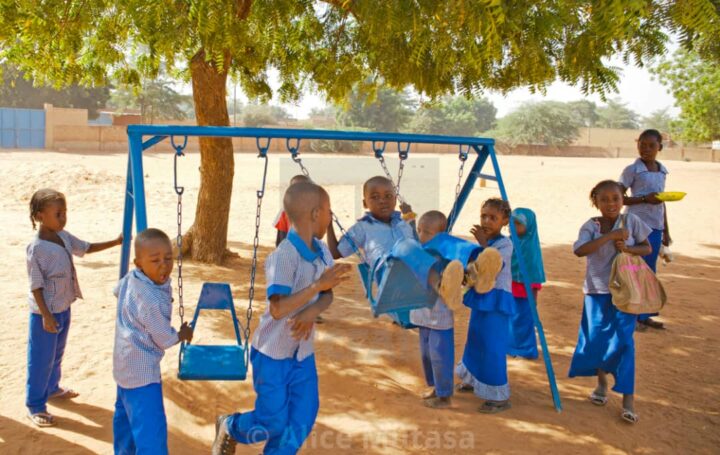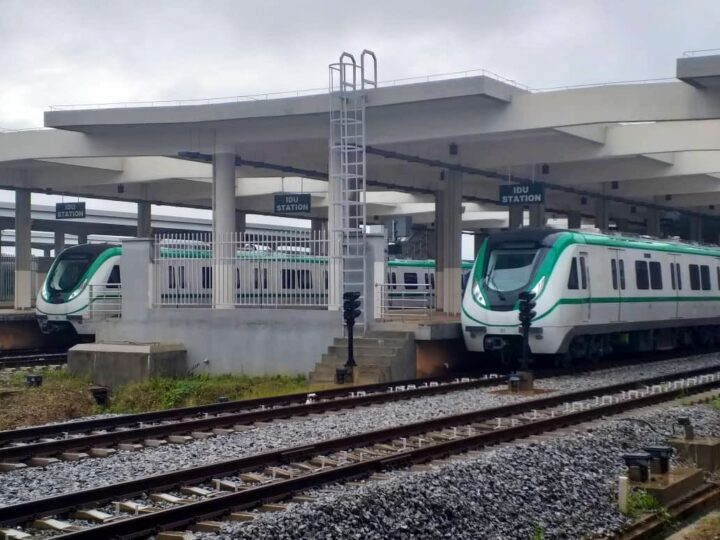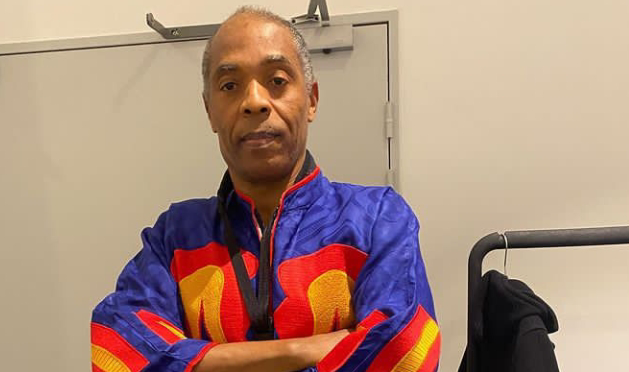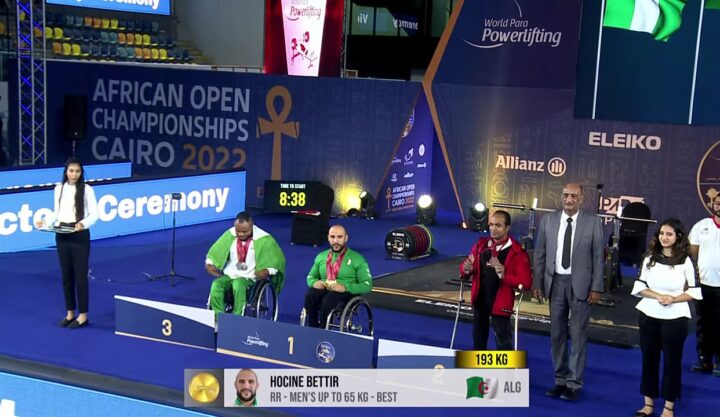Early childhood education in Nigeria: Success amid challenges and barriers
The words of American social reformer, Franklin Douglas, that “it is easier to build strong children than to repair broken adults” rang true at the Magaji Abdullahi Nursery School, Sabon Gari, in Shagari Local Government Area of Sokoto State. There, the state government’s programme on Early Childhood Education (ECE) is gaining ground steadily.
Children of between 2 and 5 years old were seen at their playing best, as a teacher, Mallama Asmau Mohammad, explained: “At this stage, this is what is expected of them and we are trying our best to make sure they make the best of it.” The teacher needed not to say further: the children were truly at home in school. There were others sighted in class being handled by other teachers and instructed on the use of different kinds of toys and other playthings. The joy on their faces was immeasurable.
Elsewhere on the school grounds, some parents were sighted fetching their crying children and trying to take them away. This attracted curiosity, and teacher Mohammad also explained: “We normally don’t provide the kids with food while they are here. So it’s usual for their parents to come around to either give them food or take them home to eat.” But it was already past 11. Would the kids taken away in such circumstances still return? The teacher explained again: “Sometimes they return, and at other times they don’t. But the most important for us is to see that they come here every day. We really would wish to provide food for them at times too, but this would have to do with the availability of funds.”
There are about 200 kids under the ECE programme at Magaji Abdullahi Nursery School. This comes with challenges, which another teacher, Hajia Zara’u Modi Shagari, explained: “The fact that the kids are not captured in the government’s school feeding programme poses a serious challenge to the success expected of the ECE in this school. Shortages of instructional materials are also another challenge that cannot be wished away. Sometimes, we also find it hard to convince some parents that they should trust us with their kids. At this juncture, we find ourselves just conceding to them and it is always at the detriment of progress.”
Advertisement
Yet, there is a far bigger challenge that could threaten the projected success of ECE in Sokoto State in the near future. This particular challenge is two-prong: First, poor remuneration which makes an average teacher with a National Certificate Education (NCE) earn N19,000 monthly. Second, lack of teachers specifically trained to handle kids at the ECE level. These two challenges could on their own render ECE in the state a wasted effort if they are not addressed adequately and with a sense for the future, especially considering the recent UNICEF finding that the implementation of ECE has garnered only 36 per cent implementation in Nigeria so far.
Poor remuneration of teachers in the state also arouses curiosity. In 2016, the state Governor, Alhaji Aminu Waziri Tambuwal, at the Annual General Meeting of the Sokoto Education Development Trust Fund, said that the state spent N850 million monthly on the payment of teachers’ salaries. In fact, the governor had said that the amount weighed in heavily on that year’s budget, explaining that the government’s resolve was borne of his administration’s priority to the education sector and especially in its determination to revamp it. On the occasion, instructional materials were distributed to the 23 Local Government Education Authorities in the state. It is expected that the funds and attention on education would have tripled, six years after, notwithstanding that the governor had said then that increase in the teachers’ salary might be delayed until a proper audit was carried out to determine the number of what he called ghost teachers in the state. Overall, a critical look is required at how government funding of education in Sokoto State is approved, disbursed, and expended so that the trickling down to ECE can be ascertained and monitored.
The challenges are not limited to Sokoto State, considering an overview of Nigeria towards achieving a wholesome result.
Advertisement
At the Central Primary School, Gauraka, near Suleja in Niger State, the Head Teacher, Mr. Rabiu Abdulsalam, said there are 50 kids in the ECE cadre, made of 35 boys and 15 girls. In a community where the population of newborns is on the increase, it is a surprise that the number of kids in the ECE cadre is so low.
But Abdulsalam has a ready explanation: “Ours is a public school and because of the encumbrances we encounter in funding and instructional materials, we see situations where parents of pupils take their wards to private schools in the community and I think this has accounted for the low intakes.” The Gauraka primary school ECE cadre interestingly has two teachers, enough to cater to 50 kids without many problems. However, according to the head teacher, “both teachers are not skilled in the ECE and they only use their experience to mentor the kids.” The tutors’ experience could still have some positive impact on the kids nonetheless, although nothing else can surpass the skill set in achieving any objective, particularly the skill targeted at shaping the future of children.
On the low intakes, the head teacher said his school has launched several efforts towards sensitising the Gauraka community through regular meetings with traditional and religious leaders as well as parents. He believed that the reality of free education in public schools would attract more kids to the ECE cadre of the Central Primary School in the near future.
At a recent two-day media dialogue on Early Childhood Education in Sokoto, organised by the Child Rights Information Bureau (CRIB) of the Federal Ministry of Information and Culture in collaboration with UNICEF, an Education Specialist at UNICEF, Yetunde Oluwatosin, presented an overview of the ECE in Nigeria, outlining the early childhood as a critical period of a child’s life when a stimulating environment, adequate nutrition and social interaction combine to help the child develop the capacity to relate with others while learning to solve problems towards contributing positively to the society. She identified challenges, barriers and bottlenecks including poor subsector analysis, inadequate funding, lack of data on early learning, limited infrastructure and community-based offering, an insufficient supply of trained teachers, inadequate teaching and learning materials, low public demand and low support for early learning at home. She also emphasized on “repositioning Nigeria” through a collective building of a strong and resilient ECE national system, while not shutting out delivering quality programmes across the country in genuine development and humanitarian context.
Advertisement
Perhaps, it is in furtherance of Oluwatosin’s “Nigerian context” that the Federal Government, through the National Commission for Colleges of Education (NCCE), adopted the Reading and Numerical Activity (RANA), a UNICEF model on early childhood education specifically targeted at children in select schools in Zamfara, Katsina and Kano states in the Hausa language, which the UNICEF initiated with funding from the United Kingdom Foreign, Commonwealth and Development Office (FCDO) in 2016. By 2018, implementors of the scheme described it as revolutionary with school enrolment for primary one to three children recording an overwhelming increase in the targeted schools and immediately making Taraba, Borno, Kebbi and Sokoto states to key into the programme.
As a child education expert, Mr. Mojeed Ilesanmi, said: “With more credible interventions by government and several other local and international agencies, early childhood education would gain more solid ground across Nigeria in the years ahead and the future we all desire for our country would be more guaranteed.”
Add a comment







